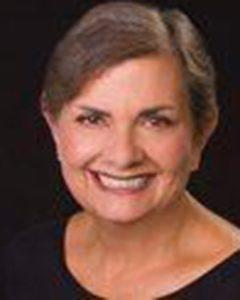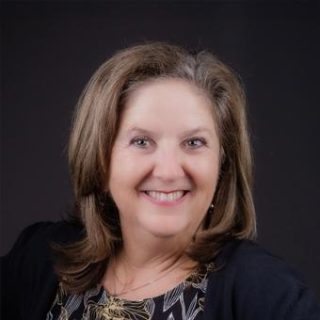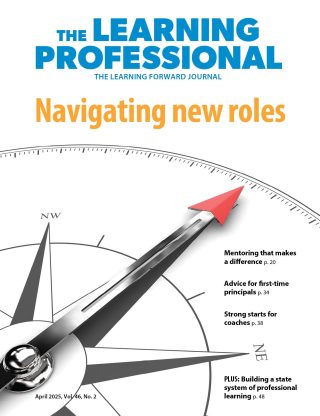Read the remaining content with membership access. Join or log in below to continue.
Sed ut perspiciatis unde omnis iste natus error sit voluptatem accusantium doloremque laudantium, totam rem aperiam, eaque ipsa quae ab illo inventore veritatis et quasi architecto beatae vitae dicta sunt explicabo. Nemo enim ipsam voluptatem quia voluptas sit aspernatur aut odit aut fugit, sed quia consequuntur magni dolores eos qui ratione voluptatem sequi nesciunt. Neque porro quisquam est, qui dolorem ipsum quia dolor sit amet, consectetur, adipisci velit, sed quia non numquam eius modi tempora incidunt ut labore et dolore magnam aliquam quaerat voluptatem.
Researchers examined 322 speech actions that led to collective discourse, studied the discourse segments that followed the speech actions, and hypothesized what storylines emerged as principles of conventions in the discourse.
Over time, teachers began to use a storyline that identified student age/grade as well as the influence of prior experiences, opportunities to learn, and other influences on students as learners of mathematics.
References
Darling-Hammond, L., Wei, R.C., Andree, A., Richardson, N., & Orphanos, S. (2009). Professional learning in the learning profession: A status report on teacher development in the United States and abroad. Dallas, TX: National Staff Development Council.
Learning Forward. (2011). Standards for Professional Learning. Oxford, OH: Author.

Joellen Killion is a senior advisor to Learning Forward and a sought-after speaker and facilitator who is an expert in linking professional learning and student learning. She has extensive experience in planning, design, implementation, and evaluation of high-quality, standards-based professional learning at the school, system, and state/provincial levels. She is the author of many books including Assessing Impact, Coaching Matters, Taking the Lead, and The Feedback Process. Her latest evaluation articles for The Learning Professional are “7 reasons to evaluate professional learning” and “Is your professional learning working? 8 steps to find out.”
Recent Issues
LEARNING DESIGNS
February 2025
How we learn influences what we learn. This issue shares essential...
BUILDING BRIDGES
December 2024
Students benefit when educators bridge the continuum of professional...
CURRICULUM-BASED PROFESSIONAL LEARNING
October 2024
High-quality curriculum requires skilled educators to put it into...
LEARNING TO PIVOT
August 2024
Sometimes new information and situations call for major change. This issue...












